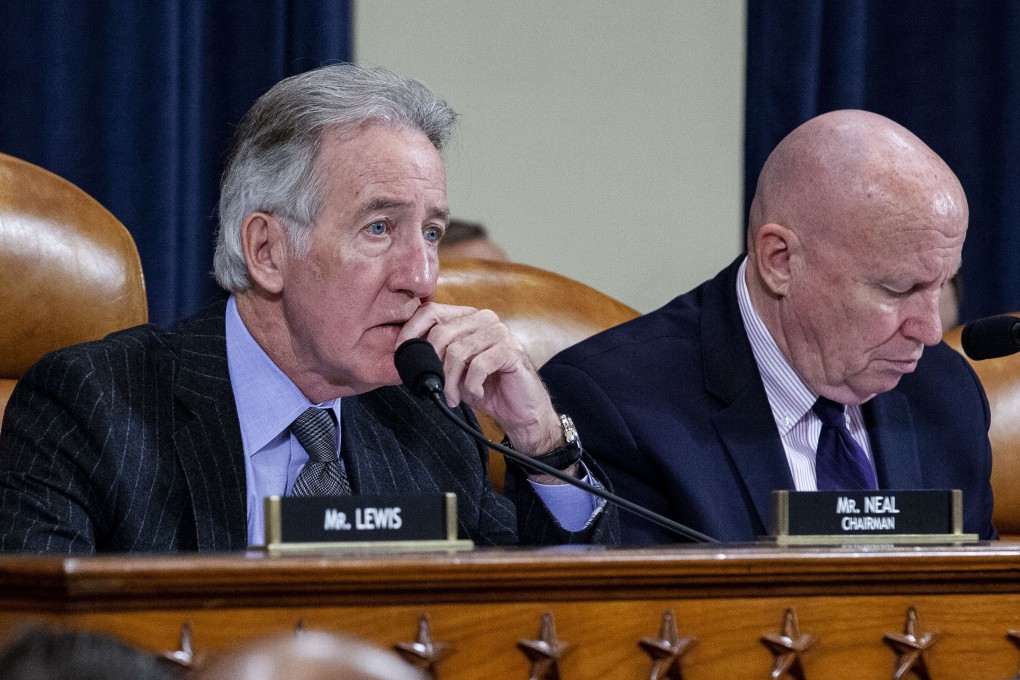Advertisement
Opinion | China and Donald Trump have a problem. On trade, US Democrats may be even more hawkish
- The US president opened the door to the trade war but may not be able to shut it – now both parties in Washington and allies abroad are pushing for massive changes to China’s economy
Reading Time:4 minutes
Why you can trust SCMP

On February 27, Donald Trump’s former lawyer, Michael Cohen, testified in front of the House Oversight and Reform Committee in a hearing that could have been called “Trump Bashing Day 767” (of which, truth be told, I’m an occasional participant in the US press).
Meanwhile, US Trade Representative Robert Lighthizer was two blocks away, testifying before the House Ways and Means Committee in a hearing called simply “US-China Trade”. Ways and Means has jurisdiction over tariffs, which is why it was interviewing Lighthizer. Committee members were civil and polite and, almost to a person, thanked him for the work he’s doing.
Practically all of them also urged him not to go easy on Beijing.
Advertisement
Chairman Richard Neal opened by saying, “This hearing is our opportunity to make clear what Congress stands for on US-China trade, and what the American people need to see” in any agreement with China. “This administration … must hold out for a good deal – a structural deal. The future of America’s economic prosperity is at stake.”
Neal, a Democrat, had kind words and praise for Lighthizer. He must have missed the memo that all things Trump are bad.
Kevin Brady, the leading Republican on the committee, spoke next and thanked Lighthizer for his “leadership”, adding, “We can all agree that China has cheated on trade for decades, severely harming American businesses”. He, too, emphasised that it was “even more important” for the US to negotiate structural changes in the relationship than it is to simply sell more soybeans to China.
Advertisement
Select Voice
Select Speed
1.00x
